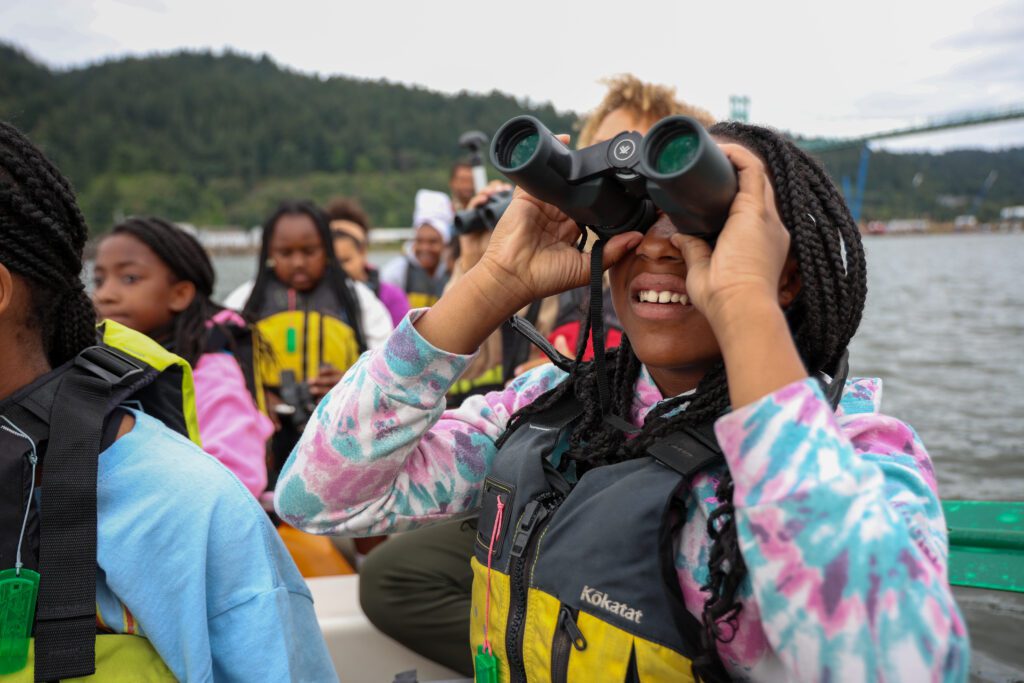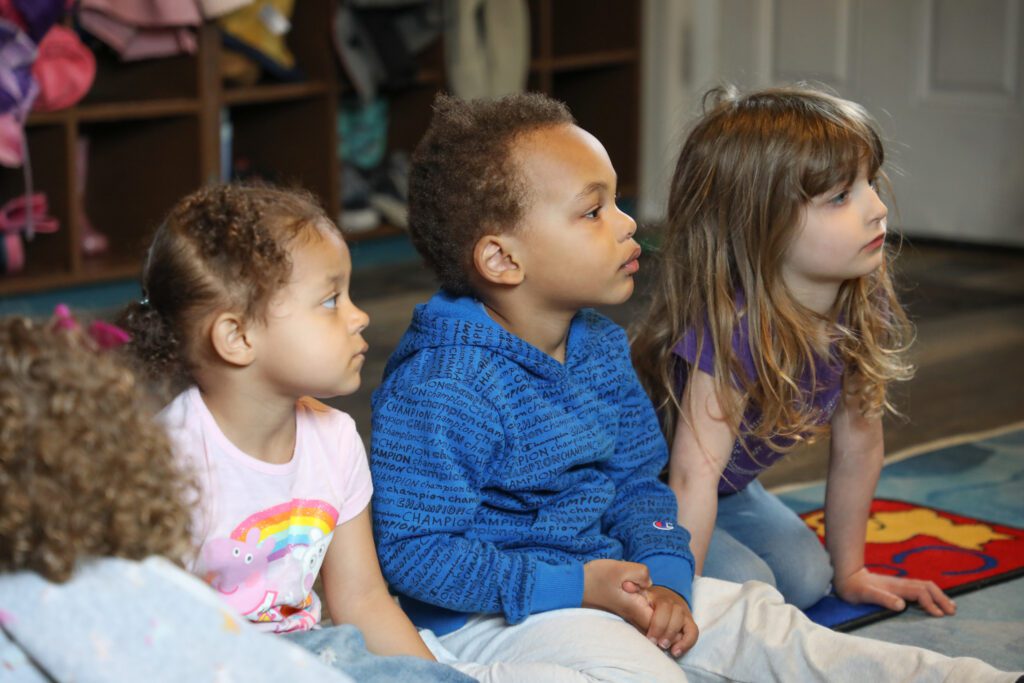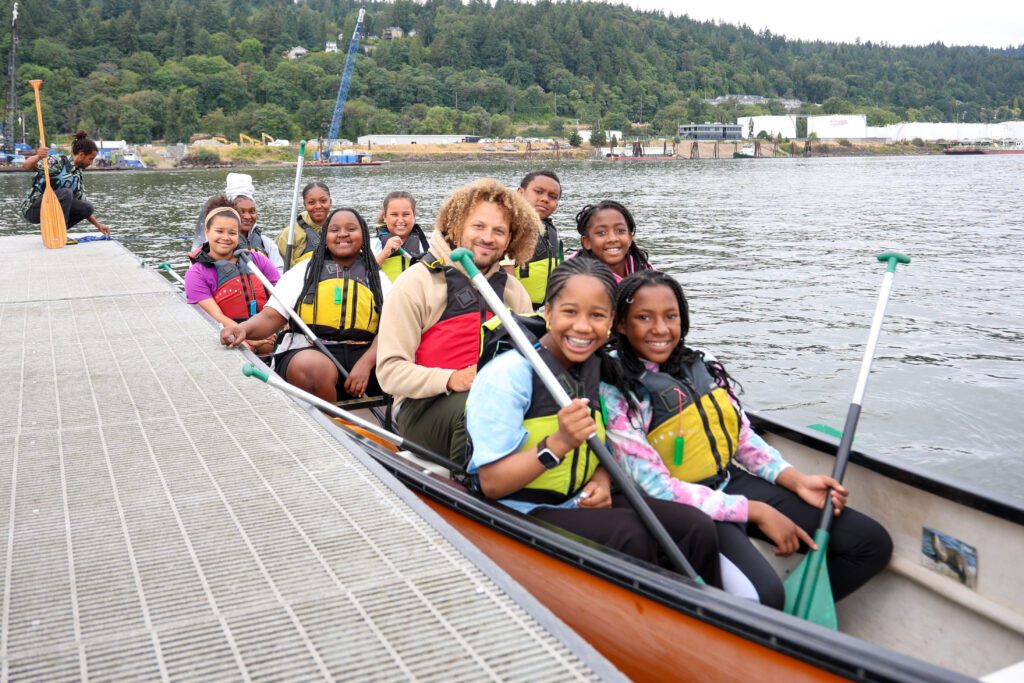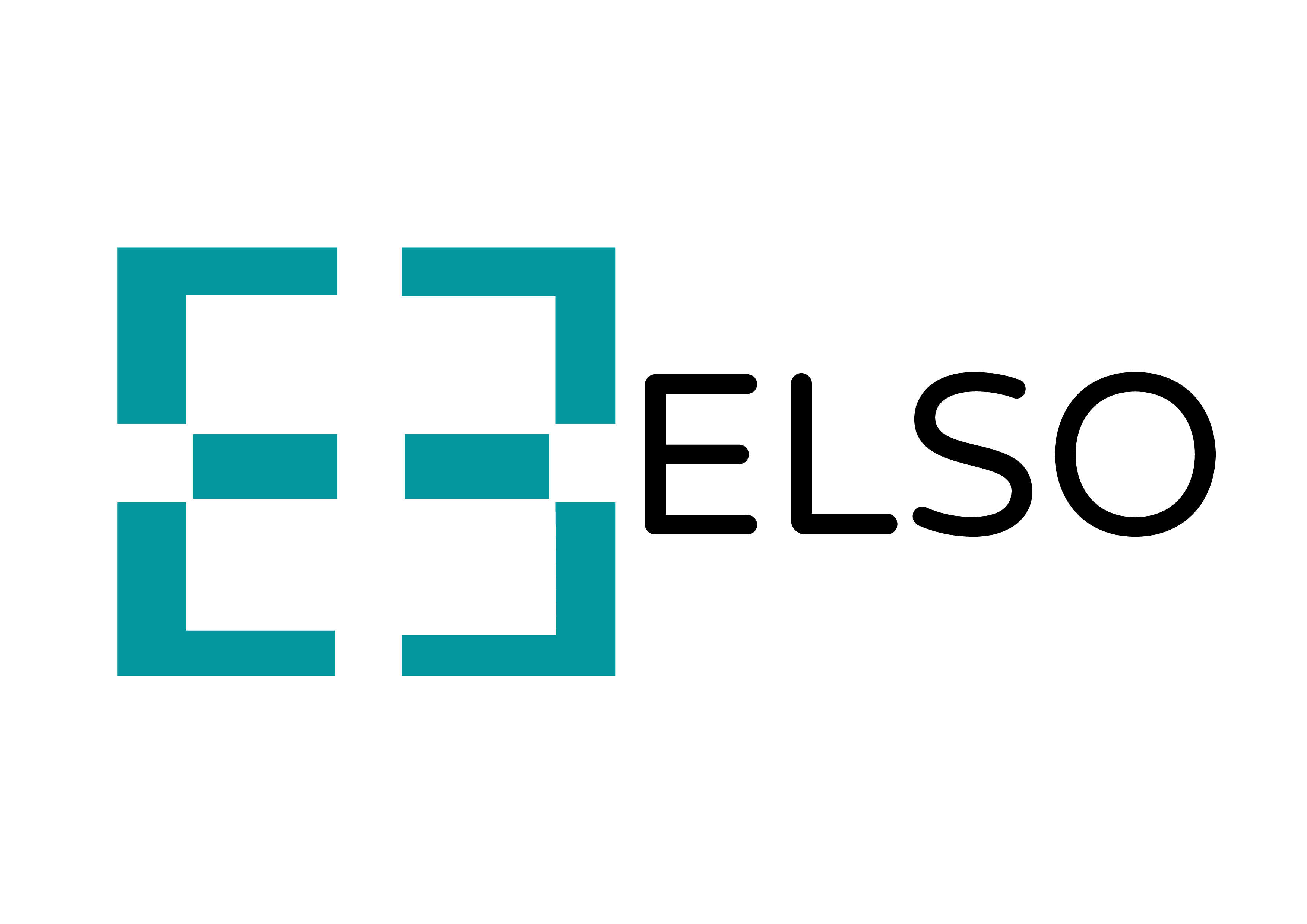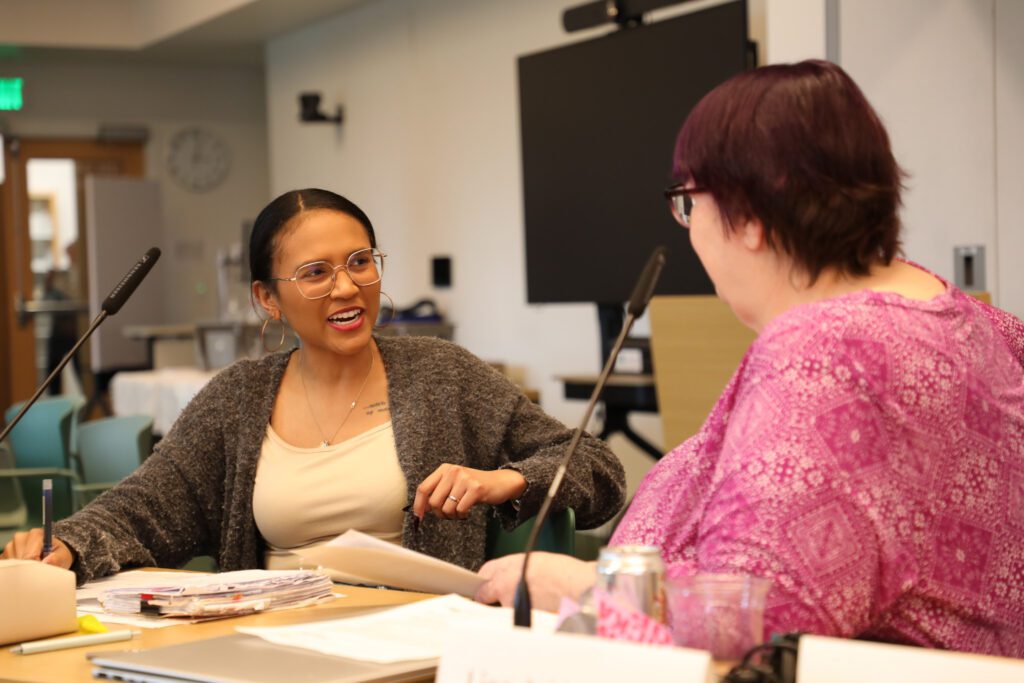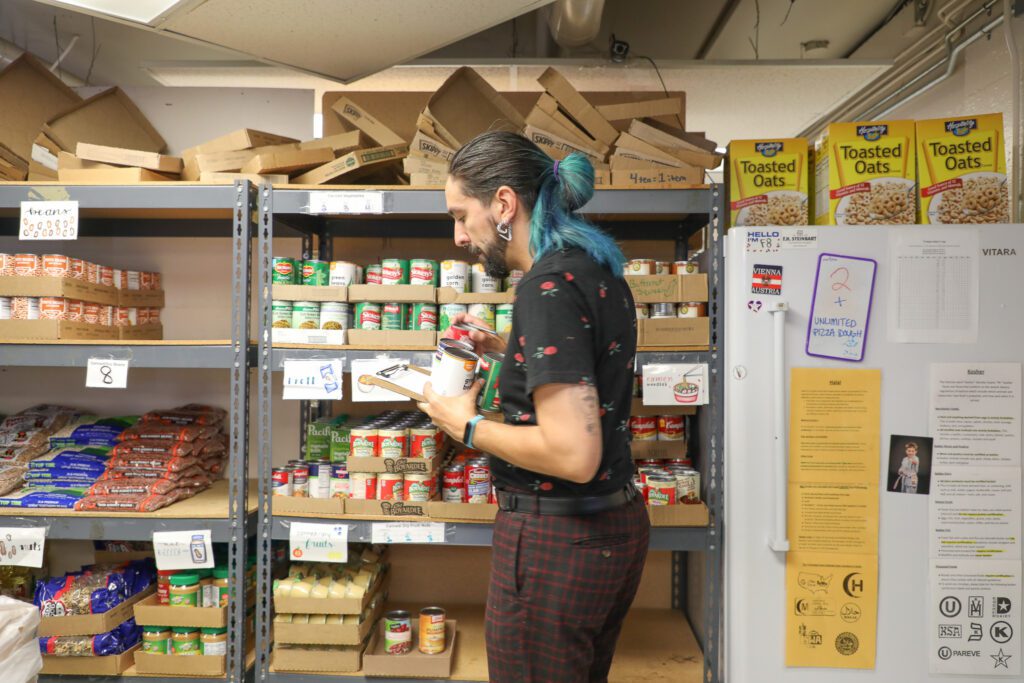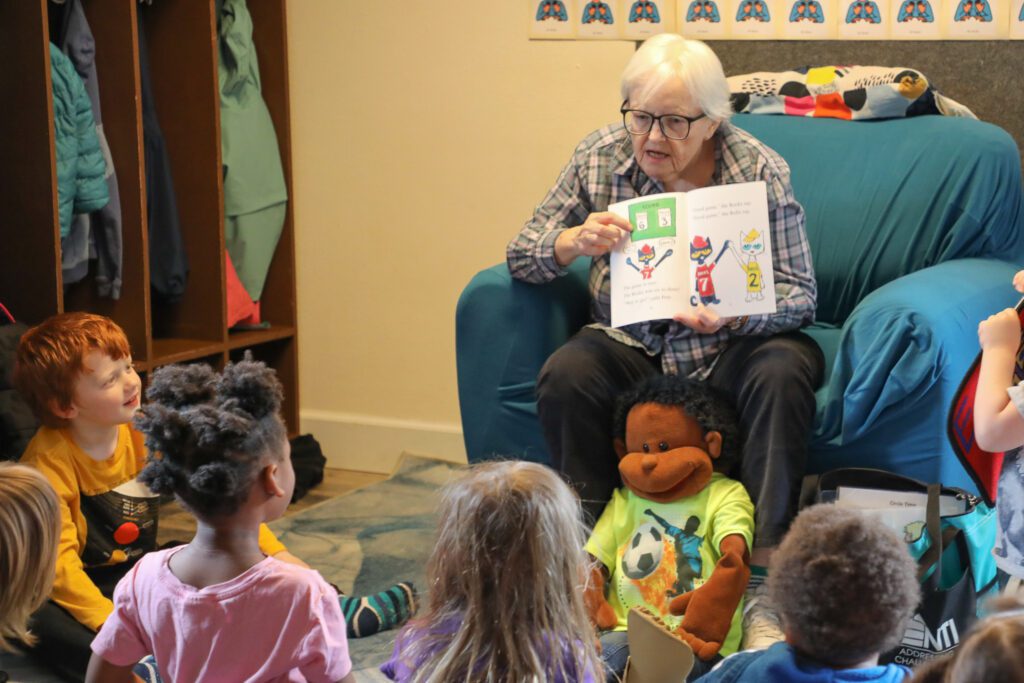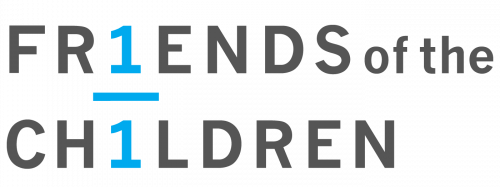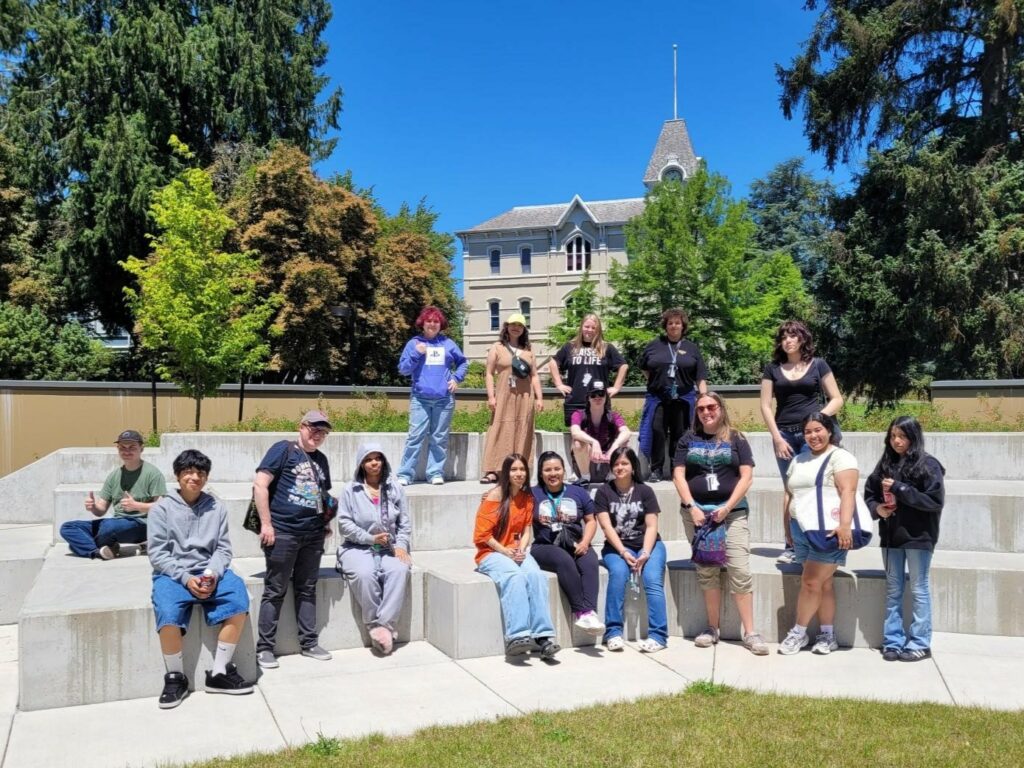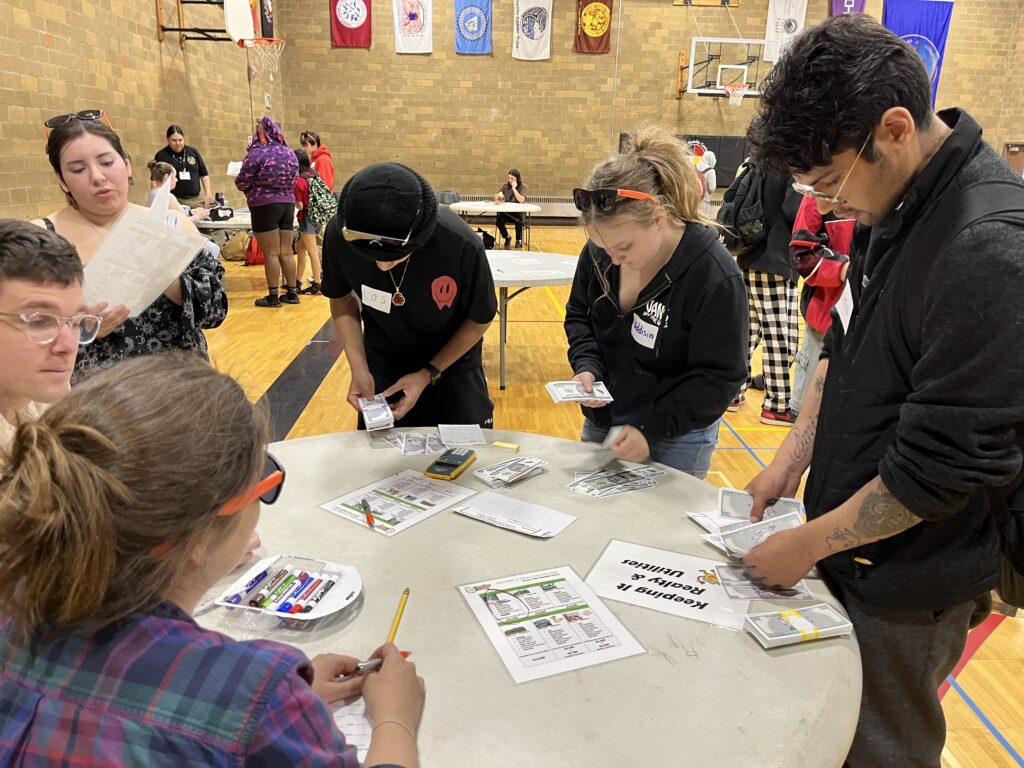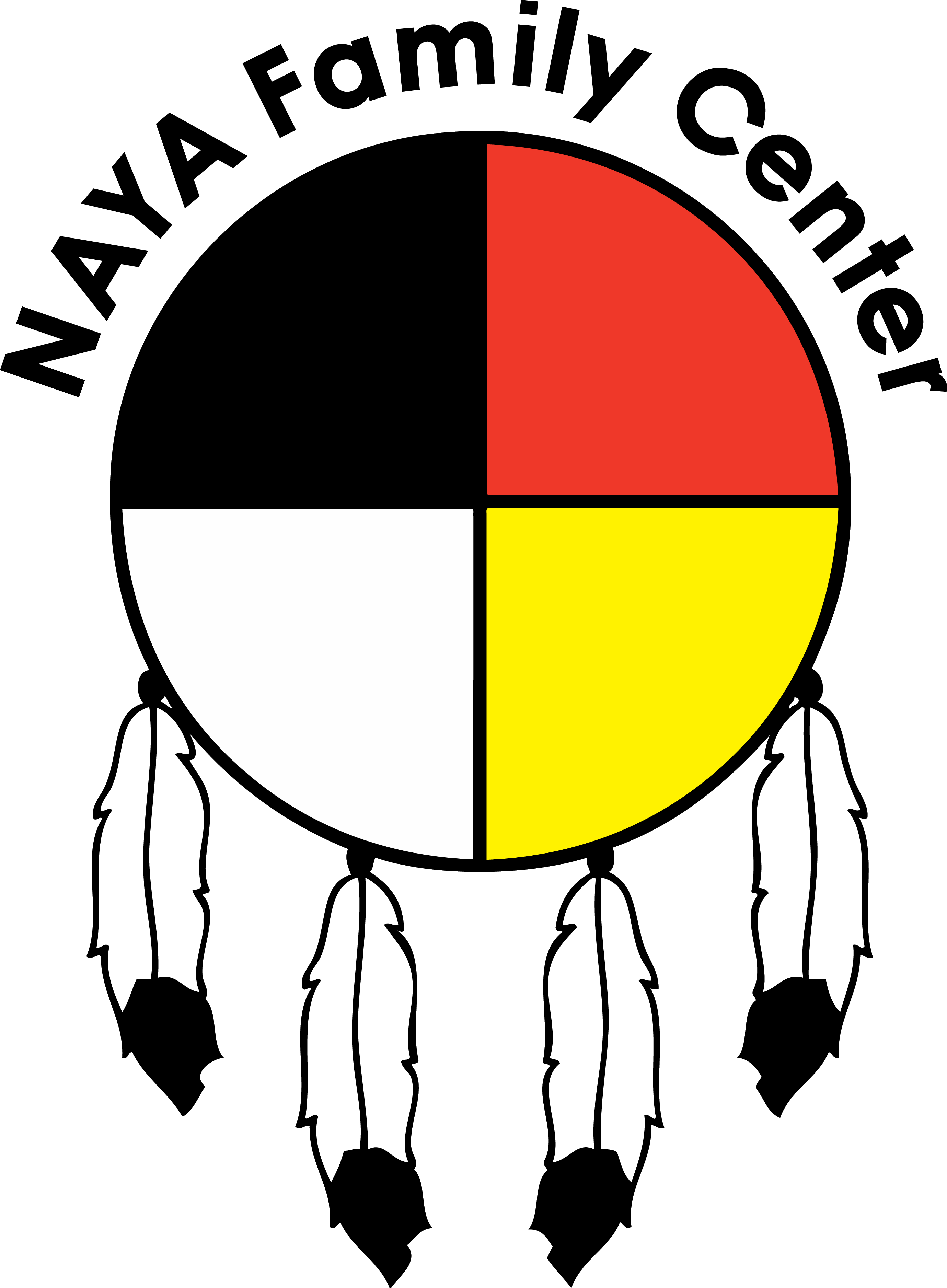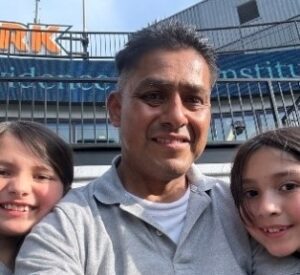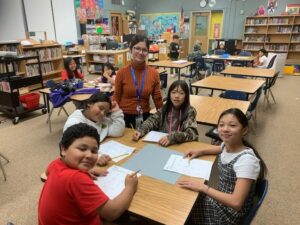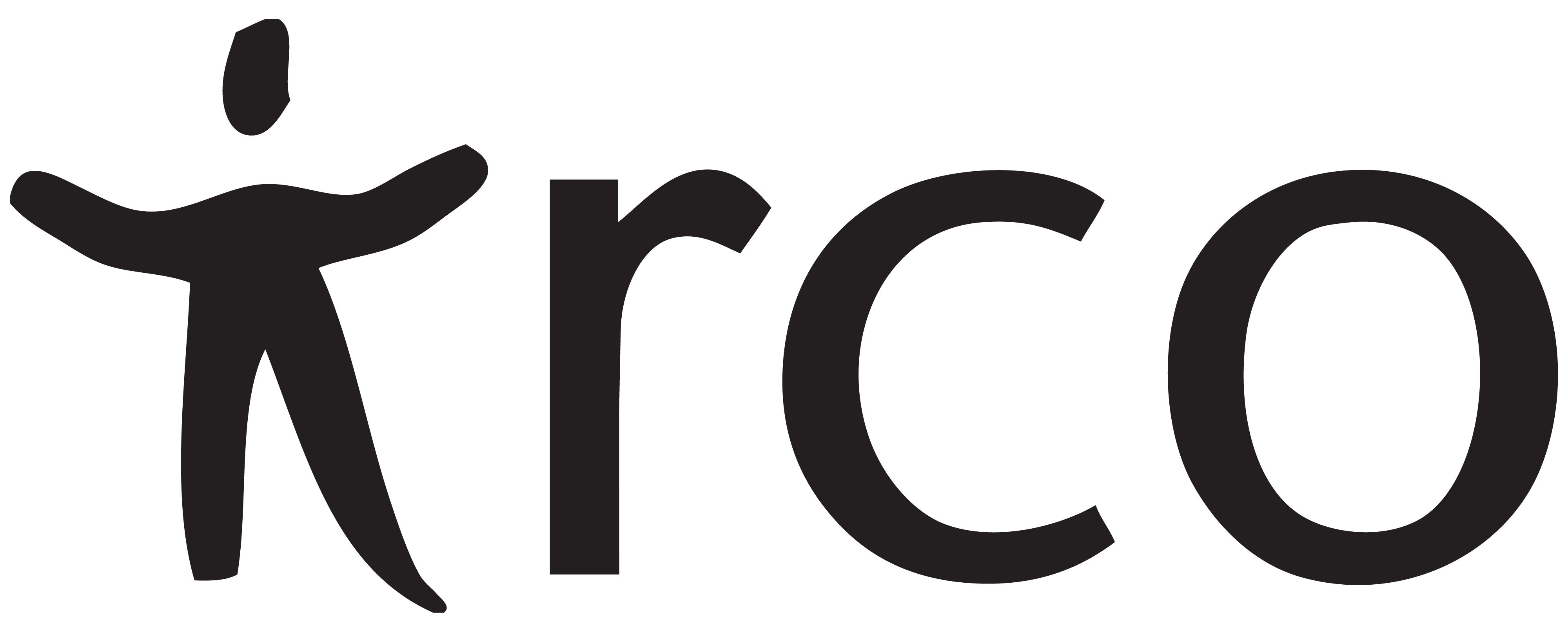PORTLAND CHILDREN’S LEVY
2025 Community Report: Imagining new futures
Five years after the pandemic started, organizations serving Portland children and families showed they’re more than ready to begin a promising, new era.
Grantee partners of the Portland Children’s Levy continued to work hard to build stable foundations that allow children and families to experience new opportunities and to imagine future possibilities. Many programs succeeded thanks to their ability to respond to community needs, support the health of families, and develop skills and provide experiences that prepare children and families for growth.
Financial assistance to access high-quality childcare, after school academic support, and group visits to college campuses are just some of the activities provided by PCL grantee partners. Services are focused on PCL priority populations, including Black and Indigenous children and children of color, families with low incomes, and other community members who face institutional and systemic barriers to opportunity.
The 2023-24 year saw many grantee organizations continue positive recovery from the pandemic. In fall 2024, PCL launched a competitive funding round for approximately $65 million in three-year large grants, which will begin in July 2025. A competitive funding round for small grants is scheduled to begin in fall 2025.
